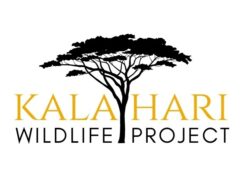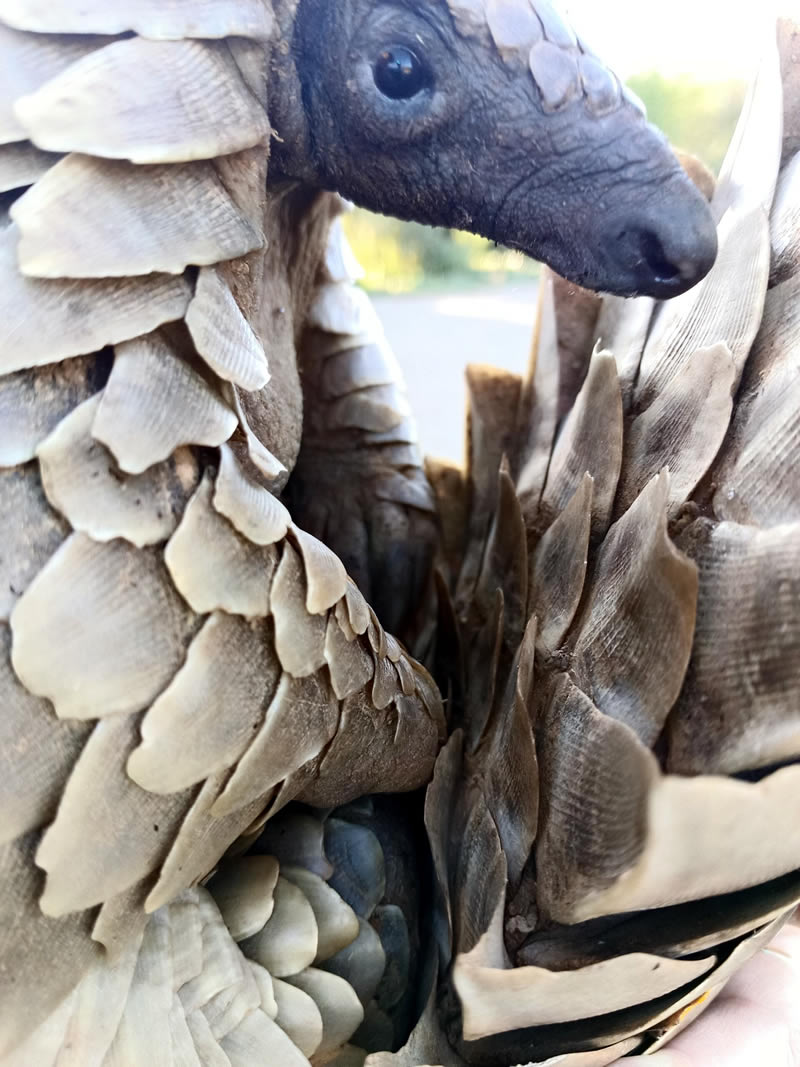Pangolins under threat
Photo: © Helena Atkinson
Pangolins are classified as vulnerable to critically endangered on the IUCN Red List of Threatened Species.
Southern Africa is home to the Temminck’s ground pangolin (Smutsia temminckii), which faces imminent threats, primarily from illegal wildlife trade fueled by the demand for their scales and meat. Mortalities from electrocution on rangeland electrified fencing, and habitat loss, compound the risk to these fascinating and elusive creatures with an ancient lineage dating back 80 million years.
Pangolins play a vital ecological role by controlling insect population, primarily feeding on ants and termites. As an organisation dedicated to contributing to conservation efforts in southern Africa. WESSA raises awareness through education, combating poaching and trafficking, reducing human-wildlife conflict, and enhancing habitat preservation.
Pango Facts
- Eight pangolin species exist – four in Africa, four in Asia.
- Temminck’s (also called Cape pangolins or ground pangolins) are most common in Southern Africa.
- Pangolins defend themselves by rolling into a compact ball.
- The gestation period for Temminck’s ground pangolin is around four-and-a-half months.
- Temminck’s ground pangolins give birth to a single offspring, referred to as a pangopup [much remains unknown about mating and birthing processes of pangolins].
- Pangopup scales are initially soft at birth.
- Pangopups are nurtured on mother’s milk for approximately the first four months. They may venture out of the nest as early as six months, but they often remain there for up to two years until reaching sexual maturity.
- The precise lifespan of pangolins in their natural habitat remains uncertain, with the longest recorded lifespan reaching around 20 years.
- Pangolins achieve their fastest running speed when moving on their two hind legs and using their tails for support.
- Each year, a pangolin consumes more than 70 000 000 ants and termites.
Partnerships
Partnerships with organisations dedicated to pangolin conservation is central to the WESSA approach.
By collaborating with Pangolin.Africa, an NGO renowned for its commitment to pangolin conservation, WESSA aims to enhance awareness and education while jointly researching and implementing pangolin-friendly fence designs to curb mortalities on electric rangeland fences.
We have also joined forces with the Kalahari Wildlife Project, a specialist rescue and rehabilitation organisation focused on Kalahari species, including pangolins. Through this partnership, WESSA is striving to sustain and improve pangolin populations in the Northern Cape.
These partnerships represent WESSA’s commitment to collaborative conservation efforts towards the protection of pangolins and their habitats.



